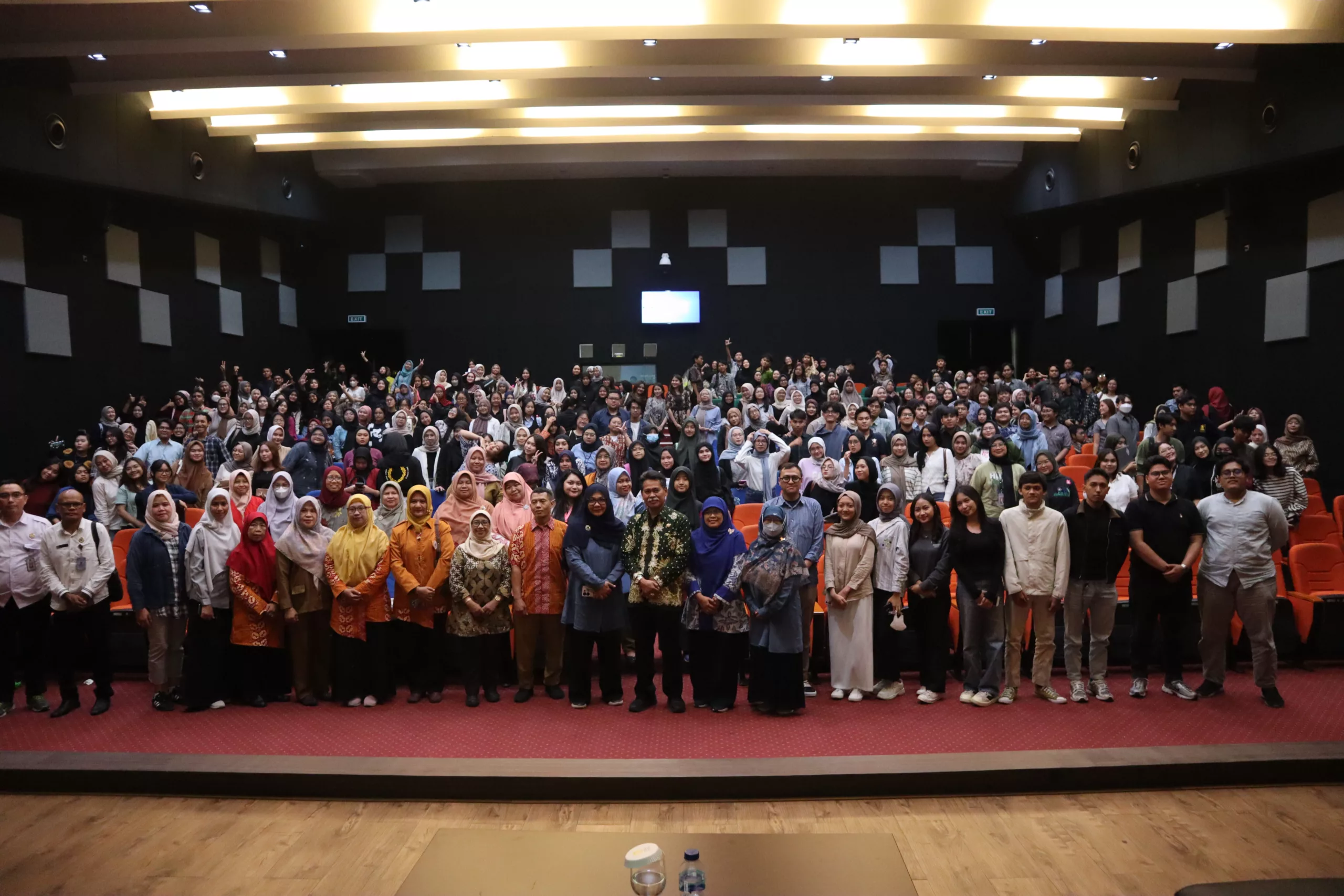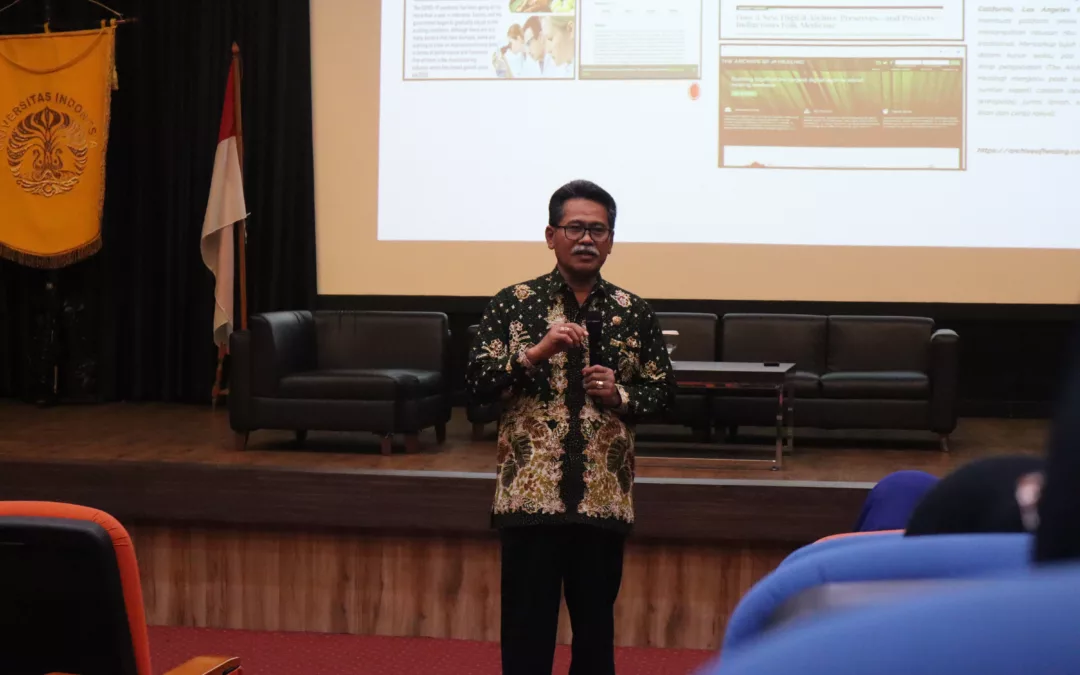Depok-Digital technology continues to change almost every aspect of human life, including archive management which has now become a strategic element for sustainable development. This was discussed in a public lecture themed “The Role of Archives in Sustainable Development: Transformation of Archives” organized by the Vocational Education Program, Universitas Indonesia (UI), and the Association of Higher Education Institutions for Archives and Information Records Management (APTIPARI).
In the lecture, Dr. Andi Kasman, S.E., M.M., Deputy for Archival Systems and Information and Advisor to APTIPARI, explained that archives are now not just a collection of documents, but have an important role in achieving the Sustainable Development Goals (SDGs) initiated by the United Nations (UN). According to him, modern technology, including artificial intelligence (AI), plays a significant role in maintaining the relevance of archives amidst rapid global change.
“Archives have a close relationship with several goals of the SDGs set by the United Nations (UN). Archives, which have been known as historical data and information storage activities, are now transforming into an important key in supporting the SDGs, especially in ensuring broad and sustainable access to information,” he said.
Andi also emphasized the importance of archives in supporting various SDGs, including sustainable urban planning (SDGs 11) and climate change monitoring (SDGs 13). “Archives are not just records of the past, but also a bridge to building a better future,” he said.
 (Photo: Public lecture entitled “The Role of Archives in Sustainable Development: Transformation of Archives” held by the Records and Archives Management study program)
(Photo: Public lecture entitled “The Role of Archives in Sustainable Development: Transformation of Archives” held by the Records and Archives Management study program)
In addition to the strategic role of archives in sustainable development, Andi also highlighted technological advances, especially in the digitization of archives. Based on data from the Global Digital Report 2024, with 5.44 billion internet users worldwide, technology is an important tool to support fast and broad access to information.
“AI is one of the biggest innovations in archive management, from digitizing archives to preserving archives that are vulnerable to damage. Even in the case of the Freedom of Information Act in the United States, AI is used to automatically redact personal information,” he said.
Andi also discussed the implementation of the Electronic-Based Government System (SPBNE), which aims to accelerate the transformation of archiving to an electronic system. According to him, SPBNE supports more efficient, transparent, and accountable archiving governance.
Director of UI Vocational Education Program, Padang Wicaksono, S.E., Ph.D, conveyed the importance of integrating technology in the world of archive education. “By utilizing modern technology such as AI and continuing to strengthen archival governance, we can ensure that archives remain relevant and contribute to sustainable development,” he said.
This event is expected to be a driver for students to adapt to technological developments in the world of archiving. Padang also underlined the importance of inter-university networking in improving the quality of education in this field.


